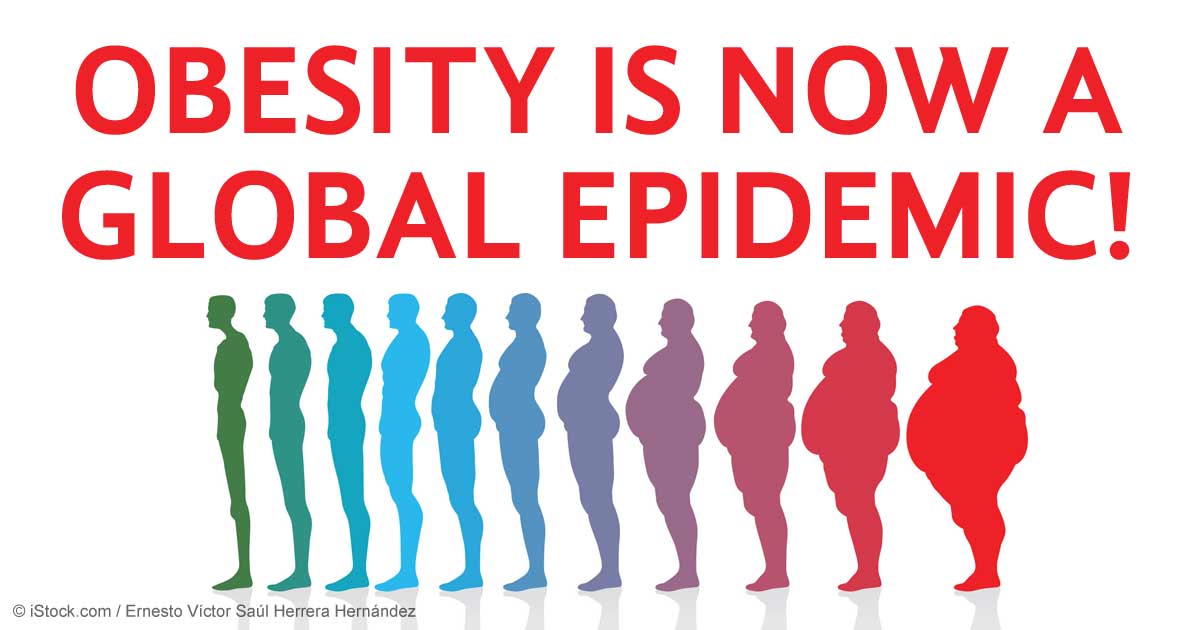Obesity has become the most common disease known in North America, claiming over 5.3 million people. To be considered obese, this person must get their Body Mass Index (BMI) calculated. Relating height and weight to receive a BMI score of 30 or more obesity causes many other health risks including type 2 diabetes, gallbladder disease, coronary heart disease, cancer, and hypertension. Years of research have been collected, analyzing over 161 papers, Meyre and his colleagues from McMaster University and the University of British Columbia. Finding 79 reported obesity syndromes, 19 have been classified as monogenic that can be found by a simple lab test. 11 others have been partially clarified and 27 have been mapped to a chromosomal region, the remaining 22 syndromes have not been identified to specific genes or chromosomes.
Understanding the mutations of the genes that cause obesity will help better prepare individuals to prevent an unhealthy living style. The monogenic syndromes reveal that there is 100% chance of becoming obese but it is very rare. Only 0.1% of the obese population is overweight because of one gene. I think that this research will only develop more, the knowledge will help people life better quality lives. A persons genetics tells a lot right now but more that the scientist divulge into the studies more genes will be located and understood.

Its good to have a better understanding on the effects of genes on certain diseases. It has been discovered that certain genes affects a person's dietary habits. Hopefully this studies would help people live a healthier lifestyle.
ReplyDeleteIts good to have a better understanding on the effects of genes on certain diseases. It has been discovered that certain genes affects a person's dietary habits. Hopefully this studies would help people live a healthier lifestyle.
ReplyDeleteI hope this furthers the knowledge, since obesity is such a major problem in the united states. I hope this research gets out to everyone, and people start changing their lifestyles.
ReplyDelete